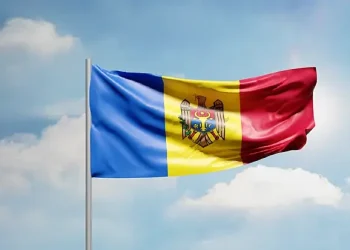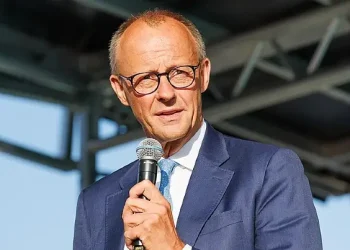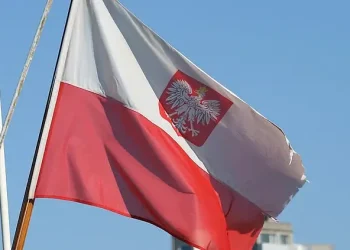Canada’s Foreign Affairs Minister, Mélanie Joly, announced the expulsion of six Indian diplomats from Canadian soil. This decision follows an ongoing investigation by the Royal Canadian Mounted Police (RCMP) into violent activities allegedly linked to agents of the Government of India.
The expulsion aims to protect Canadian citizens and uphold national security while highlighting diplomatic tensions between the two nations.
Details of the Diplomatic Expulsion
The expulsion of the six Indian diplomats is a direct response to their alleged involvement in activities that threaten Canadian sovereignty and security.
The RCMP’s investigation revealed connections between these officials and the assassination of Hardeep Singh Nijjar, a prominent Canadian Sikh leader who was killed in British Columbia in June 2023.
Canada formally requested that India waive diplomatic immunity to allow the RCMP to interview these individuals. However, India’s refusal to cooperate prompted the decision to expel the diplomats.
Why the Expulsion Matters
- Protecting Canadian sovereignty and the safety of its citizens.
- Demonstrating Canada’s commitment to the rule of law and international accountability.
Background on the Nijjar Case
The Canadian government, through its RCMP and intelligence services, has been actively investigating the circumstances surrounding Nijjar’s death and potential links to Indian government operatives.
RCMP Findings and Canada’s Response
The RCMP’s investigation uncovered a pattern of suspicious activities allegedly tied to agents of the Indian government operating in Canada. These activities, ranging from connections to violent crimes to interference in the South Asian community’s democratic processes, prompted urgent action.
When India refused Canada’s request to waive diplomatic immunity, Minister Joly made the decision to expel the diplomats to mitigate risks to public safety.
Insights from the RCMP’s Investigation:
- Links between the expelled diplomats and organized criminal activity.
- Evidence of interference in local communities and democratic processes.
- Refusal by the Indian government to cooperate in the Nijjar investigation.
Impact on Canada-India Relations
The expulsion of Indian diplomats has created a diplomatic crisis, with tensions rising between the two countries. India responded by recalling its officials from Canada, signaling a deterioration in what was once a stable bilateral relationship.
Both countries have emphasized their historic ties, yet the current situation underscores the complexity of maintaining diplomatic relationships when national security and sovereignty are at stake.
Canada’s Objectives:
- Ensuring the safety and security of Canadians while upholding democratic values.
- Continuing dialogue with India to seek cooperation in the ongoing investigation.
- Strengthening internal measures to monitor foreign interference and protect Canadian communities.
Broader Implications and International Reactions
The Nijjar case and the subsequent diplomatic expulsions highlight the challenges Canada faces in addressing foreign interference. The situation is not isolated; earlier in 2024, the United States accused Indian agents of an attempted assassination of another Sikh leader in New York.
These incidents suggest a broader pattern of international activities linked to Indian government agents, prompting increased scrutiny and cooperation among Western allies.
Factors for Canadians to Consider:
- Safety and Security: Canada’s primary objective is to protect its citizens from foreign interference and violence.
- Diplomatic Engagement: Despite tensions, Canada continues dialogue with India through its High Commission in Delhi, aiming to maintain open channels while pursuing justice.
These developments show that while Canada values its historic ties with India, it prioritizes national security and the rule of law. The government has reaffirmed its commitment to safeguarding Canadian interests and maintaining a transparent investigation process.
Bottom Line
Canada’s expulsion of Indian diplomats marks a critical moment in its efforts to combat foreign interference and uphold national security.
With the RCMP’s ongoing investigation into Nijjar’s assassination and broader violent activities, the government’s decisive actions underline its commitment to protecting Canadian sovereignty.
As diplomatic tensions persist, Canada remains focused on dialogue while ensuring the safety of its citizens and upholding international law.
Sources: THX News, CBC, Vancouver Sun & Global Affairs Canada.









